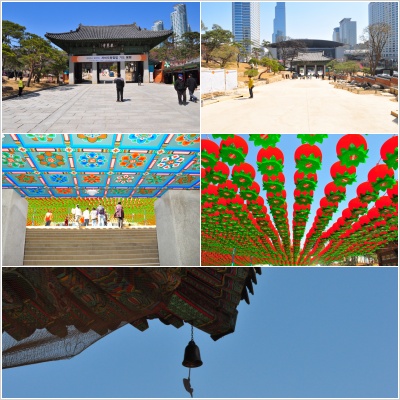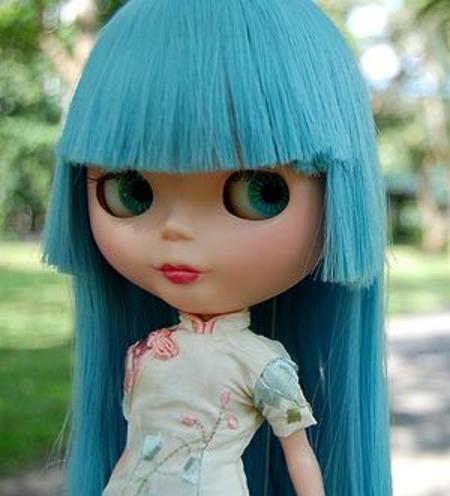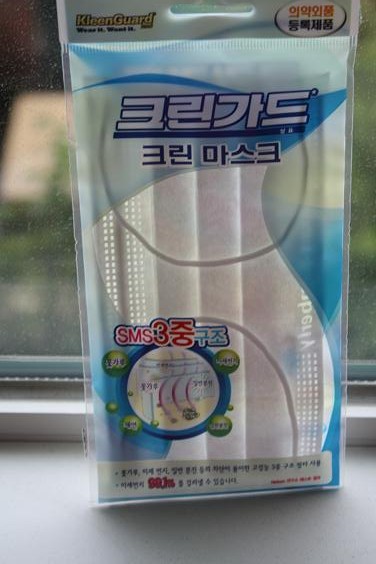Got Allergies? Here’s How To Cope When You’re In South Korea
South Korea is one of Asia’s most visited countries owing to its history and heritage, music and entertainment, and magnificent natural landscapes. However, if you are susceptible to allergies, take note. Studies reveal that there is an increasing prevalence of allergic diseases and asthma in the country. Common culprits that can spur on a new allergy over time are house dust mite and indoor and outdoor mold, among others. If you would like to enjoy the best of the country without sneezing or putting up with other uncomfortable symptoms of allergies, take a few precautions before you step on the plane.
Bring Your Mask and Goggles
You may see many people wearing a light mask to avoid inhaling pollen. It may take time getting used to wearing one, but a mask provides very good protection against this and other potential allergens. Those who have severe allergies should consider wearing goggles as well, and speaking to their doctor at home about appropriate medication. If you have never taken medication for allergies before, be aware that your doctor can recommend a wide array of medications, depending on the severity of your reaction. Commonly prescribed drugs include nasal steroids (administered in spray form), antihistamines, or the prescription medication montelukast, which is used to treat allergic rhinitis, sneezing, stuffy nose, etc. The medication works by blocking leukotrienes – substances that can cause a host of uncomfortable symptoms.
Protecting Yourself Against Mold
If you have mold allergy, it means that your immune system goes into overdrive when it comes into contact with mold spores. Summers in South Korea have high humidity levels, but mold can grow in the winter time too, especially when it rains. If you will be renting a home during your stay, guard yourself against mold by ventilating your home every day, using a de-humidifier to keep humidity levels below 50%,and drying the wettest areas of your home (such as bathrooms) after baths and showers. Of course, if you have the chance, inspect any potential home you are interested in renting, paying particular attention to the bathroom areas and wardrobes.
Keeping Food Allergies at Bay
One of the best things a visit to South Korea has to offer is the food. Serving everything from delectable bulgogi and samgyeopsal to steaming hot bowls of ramen to warm and comforting bowls of bibimbap, top level restaurants in the country will be able to inform you of potential allergens in their food. Of course, if you will be staying more than a few days, you will probably be buying food from the supermarket, and things can get a little tricky if food labels do not contain information in English. If you feel insecure about the product, opt for another clearly identifiable product instead. Another tip is to only purchase products with information in English in the ingredients list section. Only food packs measuring over 30cm2 must contain food allergy information, so stick to larger packages if possible.
If you are sensitive to allergens, there is no reason why you can’t enjoy safe travels throughout Asia. Do research on the specific areas you will be visiting in South Korea to identify any local plant species that can potentially send your immune system into overdrive. Bring your mask and goggles for heavily polluted, dusty, or pollen-filled days, and ask your doctor to provide you with medication, just in case physical barriers against allergens don’t do the trick.
South Korea is one of Asia’s most visited countries owing to its history and heritage, music and entertainment, and magnificent natural landscapes. However, if you are susceptible to allergies, take note. Studies reveal that there is an increasing prevalence of allergic diseases and asthma in the country. Common culprits that can spur on a new allergy over time are house dust mite and indoor and outdoor mold, among others. If you would like to enjoy the best of the country without sneezing or putting up with other uncomfortable symptoms of allergies, take a few precautions before you step on the plane.
Bring Your Mask and Goggles
You may see many people wearing a light mask to avoid inhaling pollen. It may take time getting used to wearing one, but a mask provides very good protection against this and other potential allergens. Those who have severe allergies should consider wearing goggles as well, and speaking to their doctor at home about appropriate medication. If you have never taken medication for allergies before, be aware that your doctor can recommend a wide array of medications, depending on the severity of your reaction. Commonly prescribed drugs include nasal steroids (administered in spray form), antihistamines, or the prescription medication montelukast, which is used to treat allergic rhinitis, sneezing, stuffy nose, etc. The medication works by blocking leukotrienes – substances that can cause a host of uncomfortable symptoms.
Protecting Yourself Against Mold
If you have mold allergy, it means that your immune system goes into overdrive when it comes into contact with mold spores. Summers in South Korea have high humidity levels, but mold can grow in the winter time too, especially when it rains. If you will be renting a home during your stay, guard yourself against mold by ventilating your home every day, using a de-humidifier to keep humidity levels below 50%,and drying the wettest areas of your home (such as bathrooms) after baths and showers. Of course, if you have the chance, inspect any potential home you are interested in renting, paying particular attention to the bathroom areas and wardrobes.
Keeping Food Allergies at Bay
One of the best things a visit to South Korea has to offer is the food. Serving everything from delectable bulgogi and samgyeopsal to steaming hot bowls of ramen to warm and comforting bowls of bibimbap, top level restaurants in the country will be able to inform you of potential allergens in their food. Of course, if you will be staying more than a few days, you will probably be buying food from the supermarket, and things can get a little tricky if food labels do not contain information in English. If you feel insecure about the product, opt for another clearly identifiable product instead. Another tip is to only purchase products with information in English in the ingredients list section. Only food packs measuring over 30cm2 must contain food allergy information, so stick to larger packages if possible.
If you are sensitive to allergens, there is no reason why you can’t enjoy safe travels throughout Asia. Do research on the specific areas you will be visiting in South Korea to identify any local plant species that can potentially send your immune system into overdrive. Bring your mask and goggles for heavily polluted, dusty, or pollen-filled days, and ask your doctor to provide you with medication, just in case physical barriers against allergens don’t do the trick.




These are great tips. There’s also a helpful app called Korean Convenience that shows food ingredients in English.
this yellow dust is driving me crazy. how does anyone live in this city for long periods of time????
Get a workable face mask or a hazmat suit! Or take frequent trips to other countries or into the countryside. 🙂